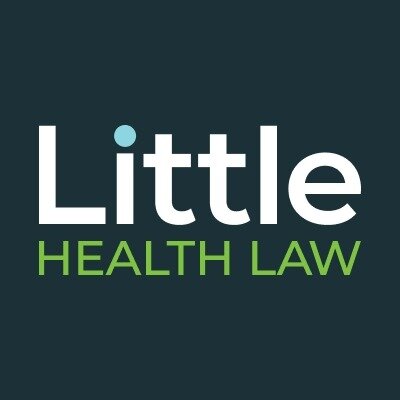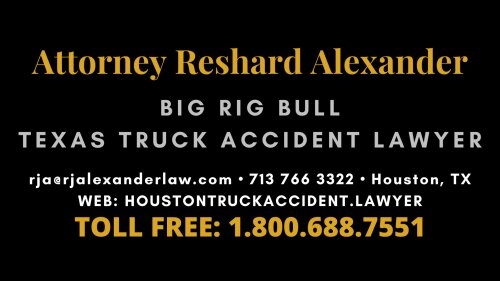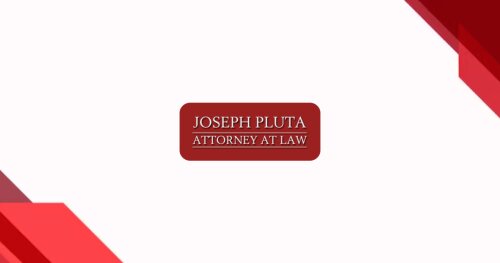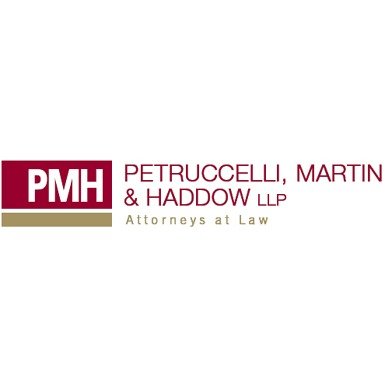Best Commercial Litigation Lawyers in United States
Share your needs with us, get contacted by law firms.
Free. Takes 2 min.
Or refine your search by selecting a city:
List of the best lawyers in United States
About Commercial Litigation Law in United States
Commercial litigation refers to legal disputes related to business issues, covering a broad range of conflicts that may arise in the course of business activities. In the United States, commercial litigation encompasses everything from breach of contract cases to business torts, partnership disputes, intellectual property conflicts, and antitrust claims. These cases are generally handled in civil court and can involve individuals, business entities, or even government agencies. Due to the complexities of business laws and the high stakes involved, commercial litigation often requires specialized legal knowledge and experience.
Why You May Need a Lawyer
Commercial litigation can affect businesses of all sizes and industries. Here are some common situations where hiring a commercial litigation attorney is advisable:
- Your company is being sued or is considering suing another party over breach of contract or failure to perform contractual duties.
- There is a dispute over intellectual property, such as trademarks, patents, or copyrights.
- Your business is involved in a partnership or shareholder disagreement, especially those impacting company control or assets.
- You face allegations of fraud, misrepresentation, or unfair business practices.
- Your organization is involved in employment disputes that cannot be resolved internally.
- You are defending your business from consumer claims or class action lawsuits.
- Regulatory agencies have initiated action or investigations against your company.
- Your company needs to enforce or challenge non-compete or non-disclosure agreements.
- Debt collection or defense against creditors is necessary for your business.
- There is a need for emergency relief, such as injunctions or restraining orders to prevent harm to your business interests.
Local Laws Overview
In the United States, commercial litigation is governed by a combination of federal and state statutes, court rules, and case law. Some of the key aspects relevant to commercial litigation include:
- Jurisdiction: Federal courts may have authority in cases involving parties from different states or large monetary amounts, while state courts typically address intrastate and smaller disputes.
- Contract Law: Most commercial disputes arise from contracts, which are mainly governed by state law. The Uniform Commercial Code (UCC) standardizes rules for sales of goods across states.
- Civil Procedure: Both federal and state courts have specific rules dictating how lawsuits must be filed, served, and prosecuted.
- Discovery Process: Parties must share evidence during litigation. The rules are detailed and can require substantial resources to comply with legal requests for documents and testimonies.
- Alternative Dispute Resolution: Many commercial contracts require arbitration or mediation before, or instead of, litigation.
- Remedies Available: Courts may grant damages (monetary compensation) or, in rare circumstances, equitable relief such as injunctions.
- Statute of Limitations: These laws limit the timeframe in which a lawsuit can be brought after a dispute arises, varying by issue and jurisdiction.
- Class Actions: Businesses may face or initiate litigation on behalf of or against large groups of people or entities with similar claims.
- Federal and State Agencies: Some disputes may involve regulatory action from agencies like the Federal Trade Commission or Securities and Exchange Commission.
Frequently Asked Questions
What types of cases fall under commercial litigation?
Commercial litigation includes disputes involving contracts, business partnerships, employment, intellectual property, antitrust, securities, fraud, real estate, and more.
How is commercial litigation different from other types of litigation?
Commercial litigation specifically deals with business-related disputes, often involving complex contracts, significant financial stakes, and issues unique to the business world.
What is the process for filing a commercial lawsuit?
It usually starts with filing a complaint in the appropriate court, serving the other party, followed by discovery, possible motions, settlement discussions, trial, and potentially appeals.
How long does commercial litigation take?
The duration can range from several months to several years, depending on the issue's complexity, court schedules, and whether the case settles out of court.
Can I resolve my commercial dispute without going to court?
Many business disputes are resolved through negotiation, mediation, or arbitration, which can save time and money compared to court trials.
What should I bring when meeting with a commercial litigation attorney?
Bring relevant contracts, correspondence, financial records, and any documents relating to the dispute to help your attorney better understand your case.
What are the potential costs involved in commercial litigation?
Costs may include attorney fees, court fees, expert witness costs, and expenses for gathering evidence. Some cases allow for recovery of fees if you win.
Who can be a party in commercial litigation?
Individuals, businesses, government agencies, and sometimes groups of people (as in class actions) can all be parties to commercial litigation.
Is it possible to recover business losses through litigation?
Compensation, called damages, may be awarded to cover actual losses, lost profits, and in rare cases, punitive damages if wrongful conduct is proven.
What if the other party is in another state or country?
Jurisdictional laws govern where the lawsuit should be filed and how to notify parties in other states or countries. Your attorney will guide you through this process.
Additional Resources
Several organizations and agencies provide valuable information, support, and assistance related to commercial litigation:
- American Bar Association (ABA): Offers resources and referrals for business law and litigation matters.
- State Bar Associations: Each state has a bar association with resources and directories for finding qualified attorneys.
- Federal Trade Commission (FTC): Oversees business practices and enforces antitrust and consumer protection laws.
- Chamber of Commerce: Local chapters often provide business resources and legal guides.
- Legal Aid Organizations: Some provide assistance to small businesses and entrepreneurs facing legal challenges.
- U.S. Small Business Administration (SBA): Offers guidance on legal issues affecting small businesses.
- Courts and Supreme Court Websites: Many federal and state court websites provide self-help resources and procedural guides for litigation.
Next Steps
If you believe you are facing a commercial dispute or have been served with a lawsuit, consider taking these steps:
- Gather all documents relating to the dispute, such as contracts, emails, financial statements, and notes.
- Make a written record of all communications and events related to the dispute.
- Consult with a qualified commercial litigation attorney as soon as possible to understand your rights, potential liabilities, and the best course of action.
- Be prepared to discuss all facts openly with your attorney and bring relevant materials to your first meeting.
- Discuss all possible options, including settlement, mediation, or litigation strategies, with your legal counsel.
- Keep track of all deadlines and comply with court or attorney requests to avoid jeopardizing your case.
Every commercial dispute is unique, and the appropriate response will depend on your specific circumstances. Early legal advice can help you protect your business interests and make informed decisions.
Lawzana helps you find the best lawyers and law firms in United States through a curated and pre-screened list of qualified legal professionals. Our platform offers rankings and detailed profiles of attorneys and law firms, allowing you to compare based on practice areas, including Commercial Litigation, experience, and client feedback.
Each profile includes a description of the firm's areas of practice, client reviews, team members and partners, year of establishment, spoken languages, office locations, contact information, social media presence, and any published articles or resources. Most firms on our platform speak English and are experienced in both local and international legal matters.
Get a quote from top-rated law firms in United States — quickly, securely, and without unnecessary hassle.
Disclaimer:
The information provided on this page is for general informational purposes only and does not constitute legal advice. While we strive to ensure the accuracy and relevance of the content, legal information may change over time, and interpretations of the law can vary. You should always consult with a qualified legal professional for advice specific to your situation.
We disclaim all liability for actions taken or not taken based on the content of this page. If you believe any information is incorrect or outdated, please contact us, and we will review and update it where appropriate.
Browse commercial litigation law firms by state in United States
Refine your search by selecting a state.
















